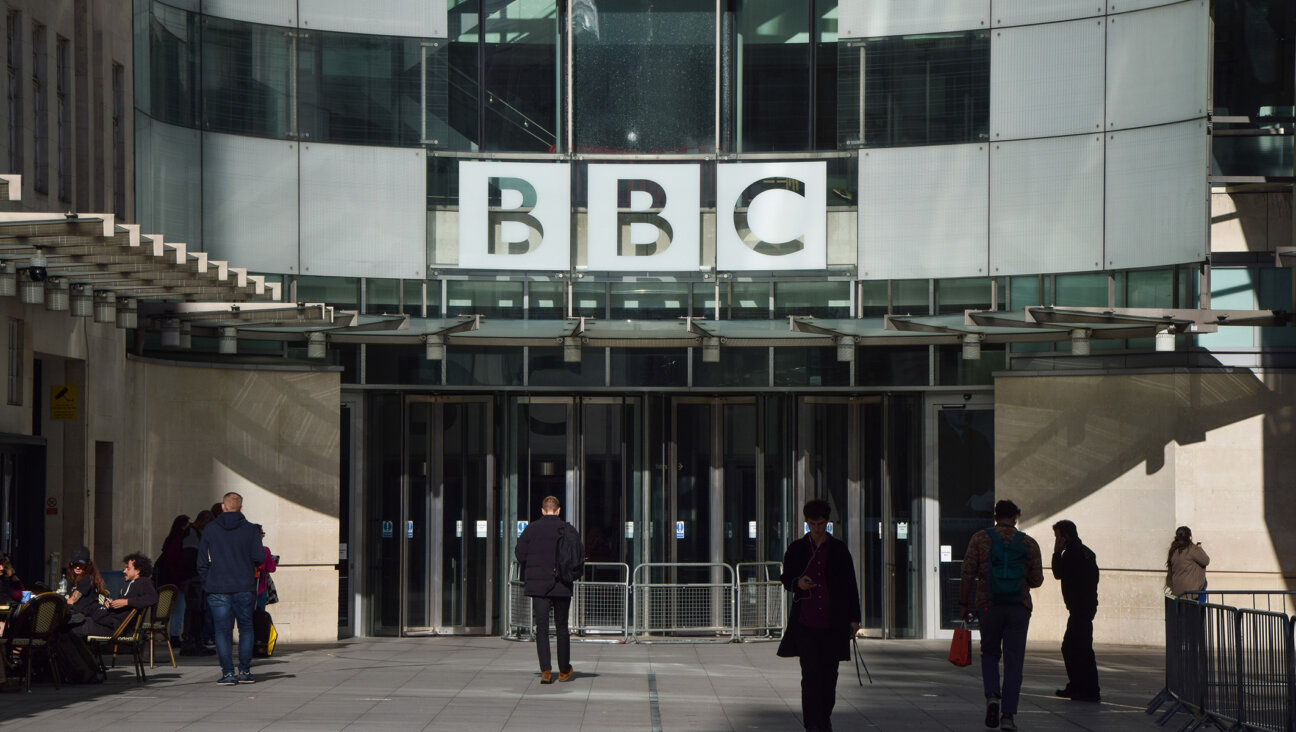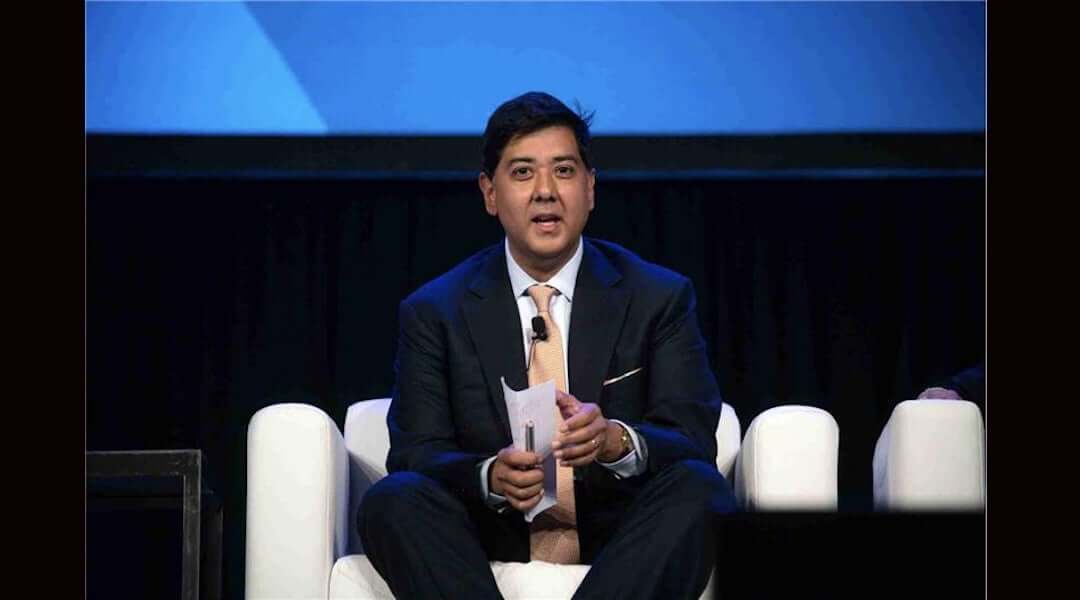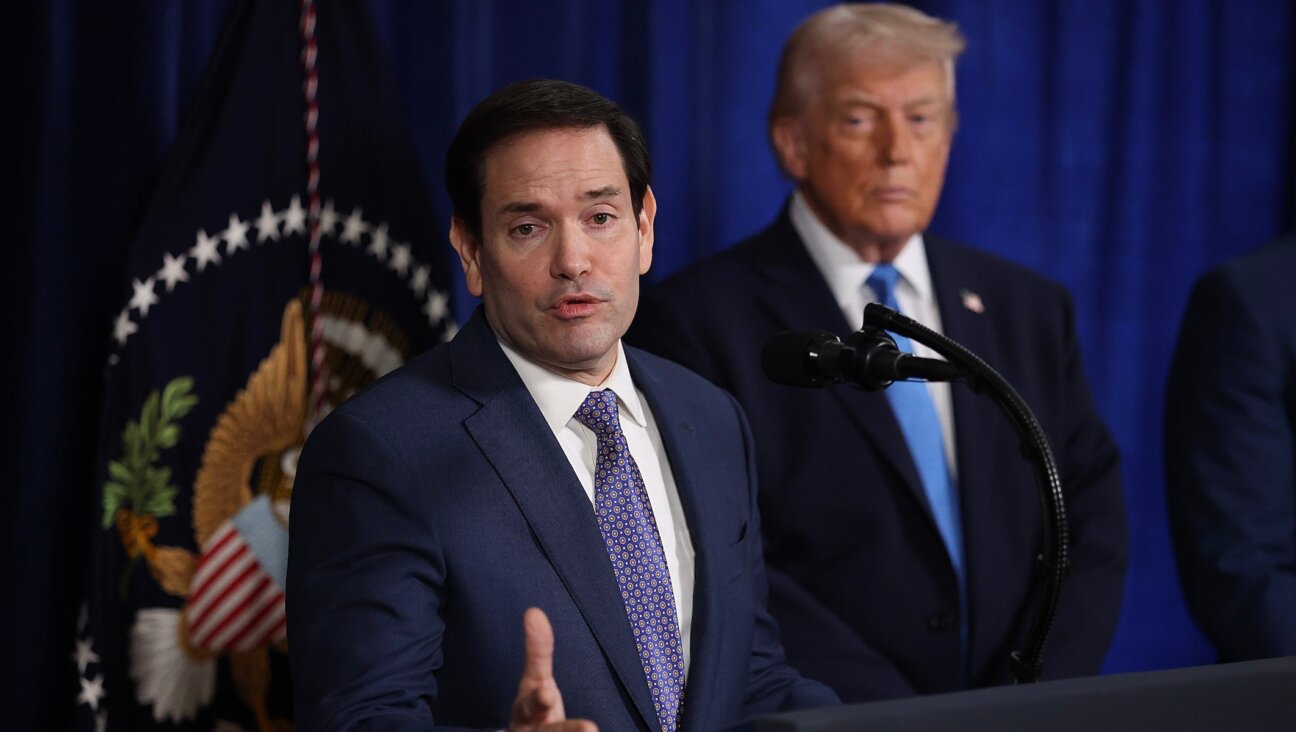European Union Backs Mission to Monitor Rafah Crossing Point

Image by Getty Images
The European Union on Friday said it was willing to reactivate an EU mission on the Egypt-Gaza border to help stabilize the Palestinian enclave after weeks of war.
At talks in Brussels, foreign ministers representing the 28 EU countries welcomed a ceasefire in Gaza and said they could relaunch the EU Border Assistance Mission for the Rafah crossing point (EUBAM Rafah) and possibly expand its scope.
“The EU is ready to support a possible international mechanism endorsed by the U.N. Security Council, including through the reactivation and possible extension in scope and manadate of its EUBAM Rafah,” a statement following the EU meeting said.
EUBAM started to monitor the Rafah crossing point – the main window on the world for Gaza’s 1.8 million Palestinians – in 2005 as part of an accord aimed at easing Israeli security concerns after it pulled its troops and settlers from Gaza.
However, the operation was halted two years later when Hamas militants seized control of the coastal enclave and ousted the Western-backed Palestinian Authority.
To help reactivate the mission, the EU foreign ministers said they also supported the launch of a training program for Palestinian Authority customs personnel and police for redeployment in Gaza.
Egypt, which was not involved in the negotiation of the 2005 agreement, has repeatedly shut the Rafah border over the past year, significantly increasing pressure on Gazans, who already face a rigid land and sea blockade imposed by Israel.
The EU ministers also raised the possibility that an international donors’ conference could be organized to help pay for reconstruction of Gaza after the conflict.














